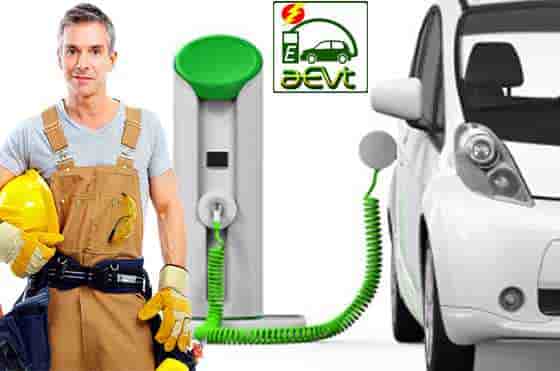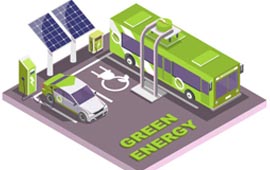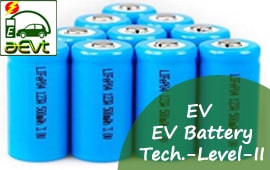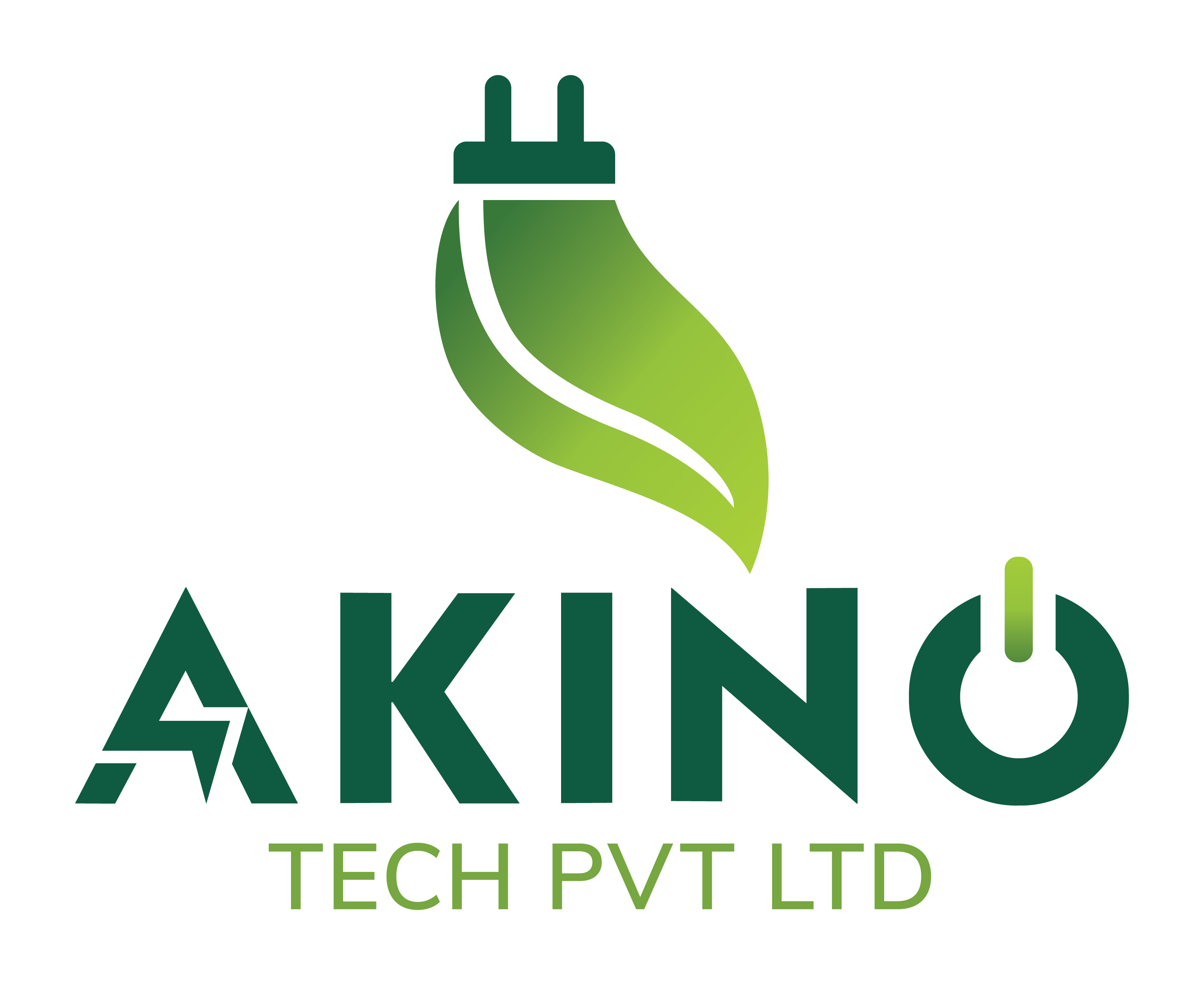Find EV EVSE course
Lithium-ion battery market at your city
Opportunities for the lithium-ion battery business at your region, a part of the growing Indian market driven by electric vehicles (EVs) and energy storage, include manufacturing battery packs, establishing battery assembly plants, setting up EV charging infrastructure, or engaging in battery recycling and repair services.
Set up a center for the repair of lithium-ion batteries facility to manage end-of-life batteries and recover valuable materials.
Identify and train a local workforce from Academy of EV Technology (AEVT) for manufacturing, assembly, and technical roles to ensure a sustainable business.
Lithium-ion battery and public charging station business opportunities in Chennai
Significant business opportunities exist in Chennai for both lithium-ion battery solutions and public charging stations, driven by supportive government policies, a strong manufacturing base, and increasing electric vehicle (EV) adoption.
Chennai is a major automotive hub, making it a strategic location for establishing battery manufacturing or assembly units.
Government incentives: The Tamil Nadu EV Policy (revised 2023) offers strong incentives for manufacturers, including capital subsidies (up to 15% on eligible investments), 100% electricity tax exemption until the end of 2025, and full SGST reimbursement until 2030.
Support for MSMEs: Micro, Small, and Medium Enterprises (MSMEs) focused on battery manufacturing can receive an additional 20% capital subsidy on top of the standard incentive.
Electric Vehicles new Opportunities
Businesses are increasingly going digital to break the cycle of escalating pollution and limit the usage of natural resources, which raises CO2 emissions in our environment. Currently, our country is riding the EV wave. EV Platforms are widely seen in the economy, and most people interact with them every day. EV technologies, and their ecosystems of complementors, are a manifestation of this shift in the way firms are organizing to create greater value for end-users.
EV & EVSE MSME Development Knowledge

Course Overview:
EV EVSE Business Management for Entrepreneurs:India to become a manufacturing hub for electric vehicles in five years. Indian EV industry to represent Rs 500 billion opportunity by 2025.
This Techno Commercial knowledge: Throughout this session, AEVT bridges the needs of startups
Course Outcome:
Candidate can understand the technology from basic of EV to EVSE equipment like Lithium-ion battery, Battery pack assembly process, EV Motor, Charger, charging station development and all others parts/ equipment's calculation, selection, building a Legal Foundation, Understanding Finance Basics, Business Planning and Fundraising.Today's Offer: FLAT 15% discount for online Session
Solar charging stations for electric vehicles have emerged as one of the best ways to reduce India’s dependence on fossil fuels for powering various modes of transport. We anticipate that in the coming years, nearly everyone who owns an Electric vehicle system will install a solar charging station in their home. This will necessitate a fundamental shift in how we think about refueling our cars, as well as a natural evolution of our energy infrastructure. The battery rating of an EV indicates the amount of power that it can store, which indicates how much power is required to fully charge it. And common EV battery sizes 100KWh to 200KWh. Solar-powered EV charging stations are the solution to bring that percentage down to zero. Not only is it beneficial for the environment, but it is also a major benefit for EV owners by reducing electricity bill.
The Indian government has concluded that no license is required to build charging infrastructure as long as it meets the 'Ministry of Power' standards. As a result, there is no need for a special permission to transmit, distribute, or exchange power for the purpose of charging electric car batteries.
State governments have even announced the mandatory installation of charging stations in commercial and residential complexes, as well as a particular percentage reserved for electric vehicles in such complexes,to pave the way for adoption of the EV eco system.
Solar Power EV Charging Station

Solar Power Electric Vehicle Charging Station
Course Overview:
Solar charging stations for electric vehicles have emerged as one of the best ways to reduce India’s dependence on fossil fuels. Nearly everyone who owns an Electric vehicle will install a solar charging station in their home. Solar-powered EV charging stations are the solution to bring that percentage down to zero.Course Outcome:
Solar Power EV Charging Station (Design and Development) Program is a master program that takes an Engineer, designe engineer, installer from site assessment, all the way through power-up and pinpointing. Installers who take this knowledge will have all the information needed to efficiently and accurately assess, design and install charging stations.Today's Offer: FLAT 15% discount for online Session
In 'white gold' rush, India kick-starts talks with lithium-rich nations
Jammu and Kashmir's reserve might be present with a large amount of lithium, but the current amount is insufficient to match with the world's top reserves of Lithium. For India to become self-reliant in the field of solar energy storage and EV manufacturing without being dependent on China for EV battery supplies, it is important to own more such Lithium reserves and enhance its presence in overseas lithium mines. Solar lighting system operates on electricity from batteries, charged through the use of solar photovoltaic panels. It is composed of a battery, solar panel, LED lamp, and charge controller. The stored energy is collected in a rechargeable Lithium-ion battery used later to produce lighting at night. The rapid infrastructure development in all sectors of India is pushing local solar light manufacturers to compete and deliver innovative solar lighting products at low prices to increase their presence in the market.
Lithium-ion Battery pack assembly

Techno Commercial knowledge to setup Lithium-ion battery assembly line for solar application, energy storage and EV 2W, 3W etc.
Practical skills - cell sellection, cell IR testing, cell balancing, charge discharge testing, module & pack assembling, enclosure selection, all machinery selection, assembly line planning and layout drawing, costing of assembly line, working capital, investment, ROI, business projection making, different product design.
Course Outcome:
Get the knowledge of Lithium-ion cell parameters, Cell Chemistry, Cell Architecture, Thermal Management, BMS and battery pack assembly technical and commercial detail before setup assembly line.
Today's Offer: FLAT 15% discount for online session
Quick Inquiry Form
Class Time / Slot
Online class Available slot for working professionals
Next batch Class will start from December - 2025
| Slot | IST Time | Status |
| 1 | 7:30 AM - 9:00 AM | |
| 2 | 10:30 AM - 12:00 Noon | |
| 3 | 3:00PM - 4:30PM | |
| 4 | 8:00 PM - 9:30PM |
| Slot | IST | WAT | SAST | EAT | KST |
| 1 | 7:30 AM | 3 AM | 4 AM | 5 AM | 10 AM |
| 2 | 10:30 AM | 6 AM | 7 AM | 8 AM | 1 PM |
| 3 | 3 PM | 10:30 AM | 11:30 AM | 12:30 PM | 5:30 PM |
| 4 | 8 PM | 3:30 PM | 4:30 PM | 5:30 PM | 10:30 PM |
4 Slot 4 batch each slot
Admission Going on for
EV Technology and Business Management - Techno Commercial Training (online)
Today's 15% Discount From:
December - 2025

Course Duration: 2 + 1 Months
EV Battery Pack Assembly Line Training (online)
Today's 15% Discount From:
December - 2025

Course Duration: 2 + 1 Months
Solar Power EV Charging Station (online)
Today's 15% Discount From:
December - 2025

Course Duration: 2 + 1 Months
Visit our Google Map












View all Job

















